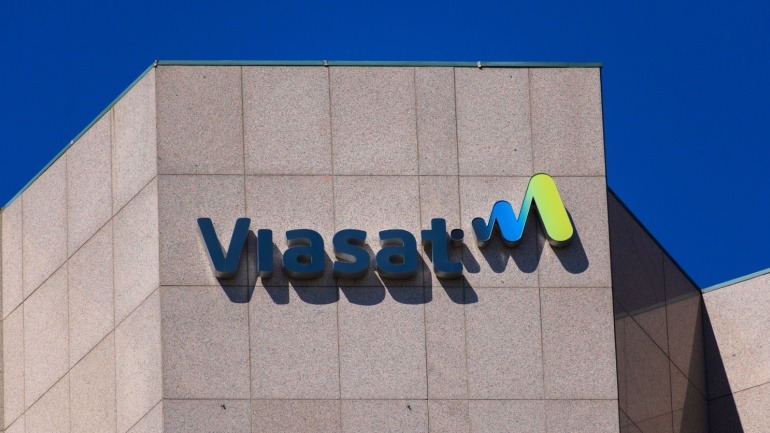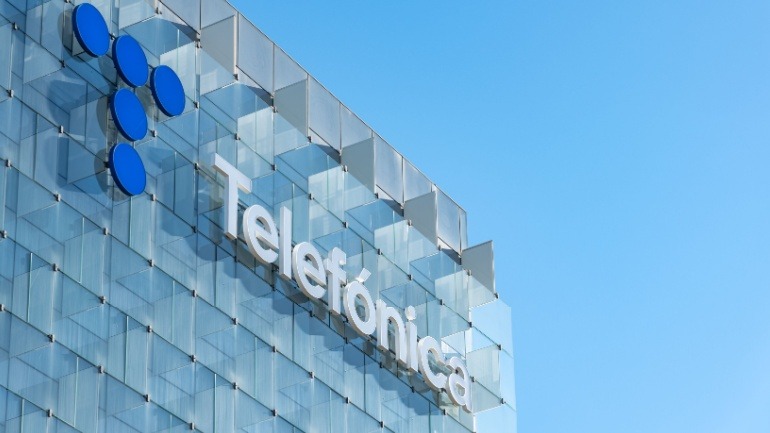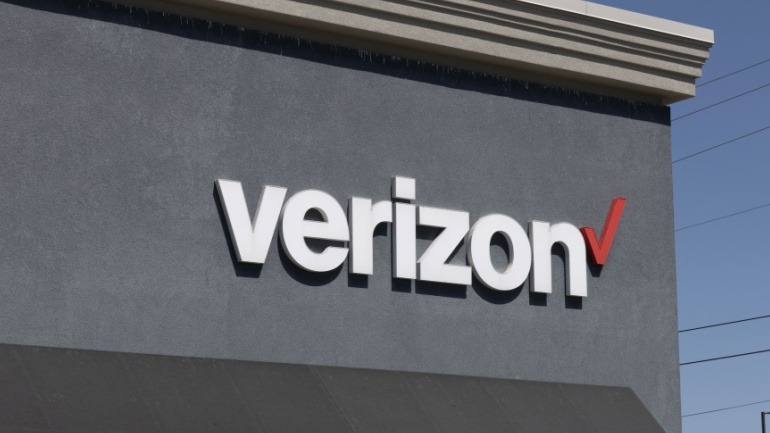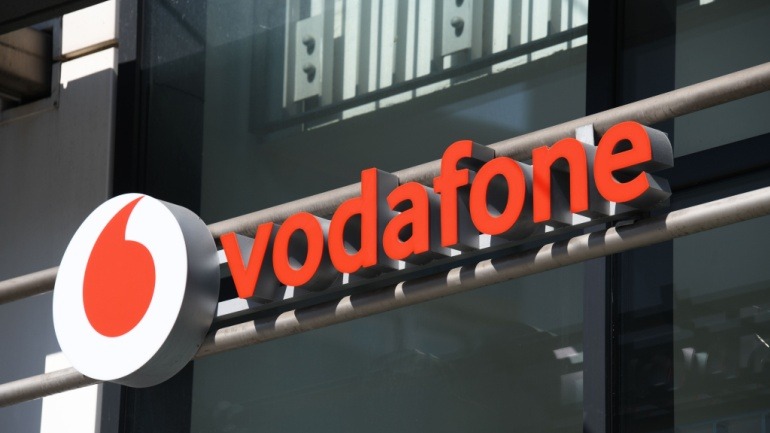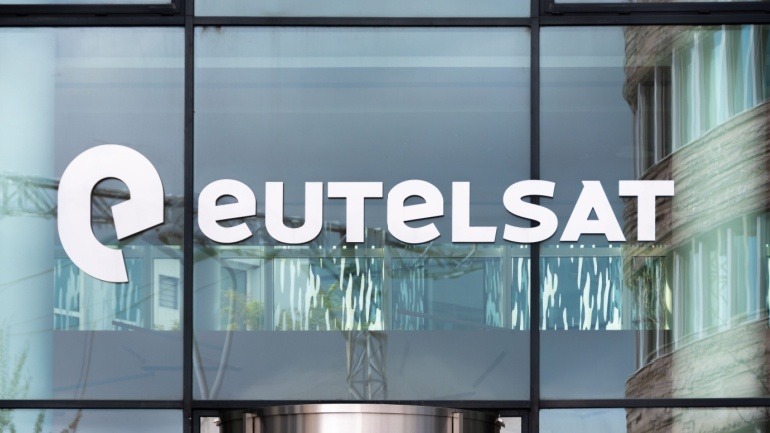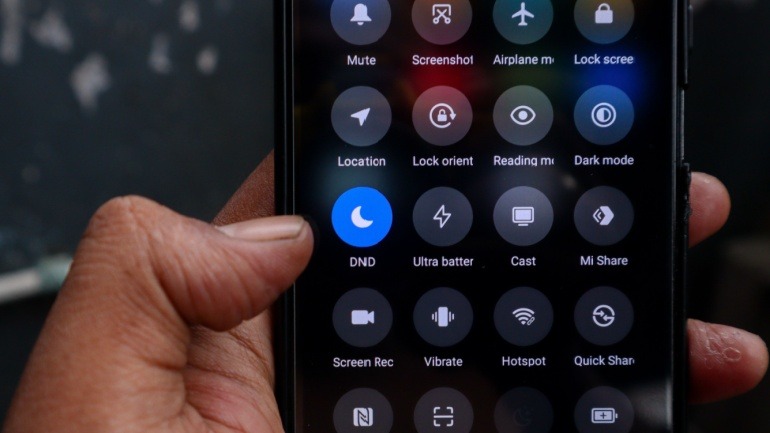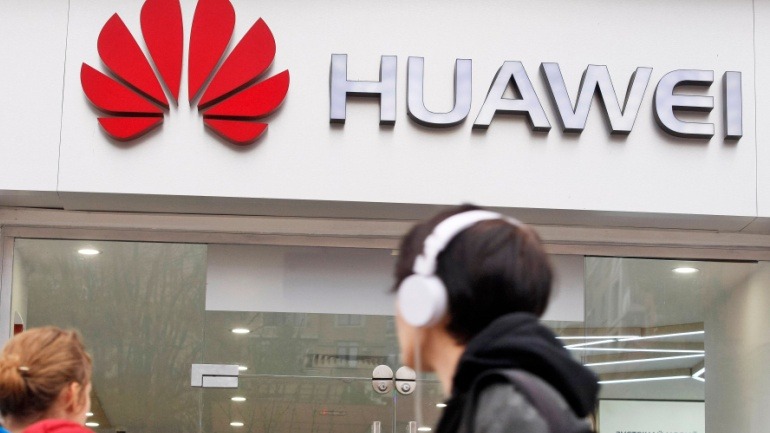Viasat’s launch of the ViaSat-3 Flight 2 satellite revolutionizes VoIP communication by significantly boosting bandwidth capacity and introducing advanced dynamic beam-forming technology. This innovation optimizes Ka-band capacity distribution, ensuring high-demand areas like airports benefit from efficient connectivity. Viasat’s advancements enhance the adaptability and resilience crucial for VoIP services.
Telefónica’s strategic acquisition of a 50% stake in FiBrasil marks a pivotal step in enhancing its VOIP infrastructure and service delivery. By integrating FiBrasil’s fiber optic network, Telefónica plans to streamline operations and boost efficiency, reinforcing its presence in the competitive Latin American telecom market.
Explore the cutting-edge world of multifamily technology at OPTECH 2025 in Las Vegas! Industry leaders and innovators, including Internet Subway, Calix, and Ruckus, will showcase game-changing advancements. Discover how seamlessly integrated systems and IoT platforms are revolutionizing the property landscape, boosting connectivity and efficiency. Don’t miss out on vital discussions!
The European Union Cyber Resilience Act is transforming how organizations enhance cybersecurity. Despite implementation hurdles, the CRA demands a “security by design” philosophy, urging IT security teams to report vulnerabilities promptly. Many businesses are creating dedicated teams and utilizing automated platforms like ONEKEY to navigate CRA compliance, addressing sophisticated cyber threats effectively.
Verizon is set to implement its largest wave of layoffs, targeting 15,000 positions, under new CEO Dan Schulman. This bold move aims to redefine Verizon’s competitive stance in the wireless market amidst strong challenges from competitors like AT&T and T-Mobile. The strategic layoffs and retail transition signify a pivotal realignment for Verizon.
Vodafone Germany is taking strategic measures to reverse a challenging year. CEO Margherita Della Valle reports progress in service revenue growth, addressing challenges like multi-dwelling unit impacts. Efforts to enhance Vodafone’s competitive position focus on boosting Average Revenue Per User and navigating competitive pressures, emphasizing value over volume. Investments in fiber and fixed broadband underscore this strategy to enhance market positioning.
As the IoT landscape evolves, CSPs face the dual challenge of ensuring robust VoIP connectivity across borders while navigating stringent regional data privacy laws. Compliance with regulations like GDPR and India’s DPDP Act is critical to avoid penalties. Local breakout services offer CSPs a strategic advantage, enhancing VoIP performance and compliance. Kaleido Intelligence’s report emphasizes the need for IoT service providers to prioritize compliant, locally-tailored connectivity solutions. This strategic approach not only meets legal standards but also positions providers as market leaders, underscoring the importance of compliance-driven growth in the rapidly advancing IoT arena.
Leadership changes at prominent telecom companies like Eutelsat and Vantage Towers signal significant shifts within the industry, highlighting potential challenges for management stability. Amidst this reshuffling, the UK’s alternative network sector is also seeing dynamic modifications, such as executives departing companies like MS3 Networks. These transitions can impact the industry’s strategic execution, necessitating effective communication and focus on VoIP technology adaptation. As these businesses navigate evolving market conditions, leveraging new perspectives becomes crucial to maintaining momentum and achieving growth in telecom and VoIP landscapes.
In an era where always-on digital connectivity was expected to boost productivity, surprisingly, studies reveal the contrary. Twilio’s research indicates that 40% of workers face distractions from constant notifications, hampering their efficiency. Organizations now consider digital silence policies to balance connectivity and focus, ensuring effective VoIP communication isn’t compromised. Implementing strategies like automated ‘Do Not Disturb’ settings on VoIP platforms such as Slack can optimize uninterrupted work periods. Meanwhile, workplace culture shifts and leadership endorsement encourage a supportive, digitally balanced environment, promoting long-term employee productivity and well-being.
In the ever-evolving tech cold war, the European Union carefully navigates Huawei’s controversial presence by utilizing a strategic ‘toolbox’ of recommended security measures. As the EU weighs a potential ban, VoIP technologies could see significant shifts depending on alliance formations and geopolitical pressures, significantly impacting global telecommunications infrastructure.



